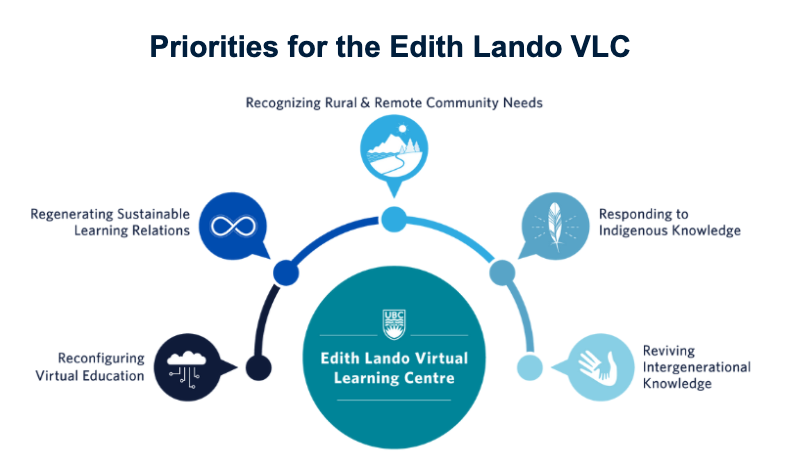Introduction
“A teacher is a professional, one who must constantly seek to improve and to develop certain qualities or virtues which are not received but must be created. The capacity to renew ourselves every day is important.”
Paolo Freire (1985)
Using the metaphor of building blocks, imagined as interconnecting bricks or wooden stacking blocks, I’ll review and remix some of the foundational and complex considerations to building your blog site for educational purposes. You can begin with one but don’t limit your web publication to only one if there are additional purposes for blogging. Blogs can serve as a communication tool for parents and community members, a curated site of resources for teaching and learning, or as a complex electronic portfolio or curriculum vitae to showcase your work and personal learning as an educator. Blogs can be a catalyst for conversations about media literacies and digital literacies.
What’s the ‘why‘?
For this series of workshops presented online for the Edith Lando Virtual Learning Centre, the purpose is to extend the mission and goals in order to “increase community focused, virtual, online, capacity building expertise of faculty, BEd students and graduate students to serve, and support instructors and community groups in the fields of early childhood education, Indigenous education, rural education, and refugee and immigrant education” (Edith Lando Virtual Learning Center website).
These workshops respond to the priorities established to:
- reconfigure virtual education
- regenerate sustainable learning relations
- recognize rural & remote community needs
- respond to Indigenous Knowledge
- revive intergenerational knowledge
These can all be accomplished through the educational application of blogs and blogging in the classroom.

What’s your WHY?
Simon Sinek wrote about finding your WHY from the perspective of the world of business and innovation, but we can apply this principle to the work of teaching while using blogging. Knowing why you are doing this will help sustain you through the process, production, and celebrations of your blogging experiences.
Here I set out some specific goals and key questions about blogs for teaching and learning that will be addressed in these workshops. However, we will collaborate and add to these as a co-creation activity during the workshop experience.
- What is a blog? What is blogging?
- Why could blogging be used in teaching and learning?
- How do teachers / learners start and/or use blogs and blogging?
- Where do blogs live? If they are the internet, how and where does the information reside?
- Who are educational bloggers? Who is writing about blogging in education? Who are bloggers to follow?
- When can you blog? When can your students blog?
- What about accessibility, equity, diversity, and inclusion when blogging? [link to UBC LT HUB support page]